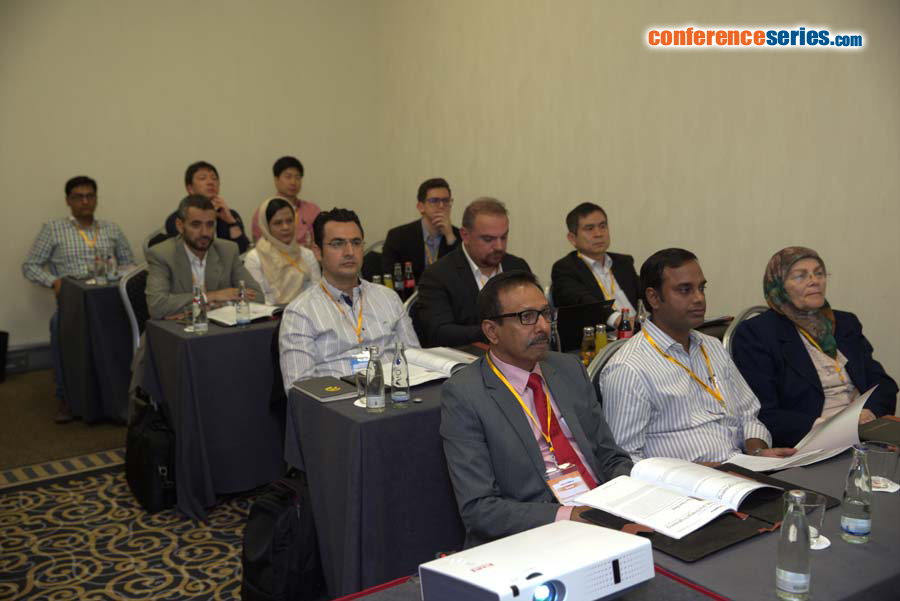
Rafal Strzalka
Stuttgart Technology University of Applied Sciences, Germany
Title: Bioenergy in Germany: Technologies, perspectives and challenges
Biography
Biography: Rafal Strzalka
Abstract
Bioenergy is so far the most important renewable energy source in Germany. This can be explained above all by the availability of numerous proven technologies and processes developed for energy generation from biomass. Furthermore the advantage of biomass lies in the possibility of direct substitution of fossil fuels which creates numerous perspectives for the implementation of new bioenergy project within the existing energy infrastructure. Above all biomass also represents a form of stored solar energy, which can be used efficiently according to the current energy demand. The results summarized in the proposed study provide an overview of the role of biomass in the German energy mix, with a particular focus on the renewable energy sector. Furthermore, the technologies for energy generation from biomass, their main indicators and properties are presented. The main focus is placed on the technologies for decentralized generation of power and heat, since these technologies achieve relatively high conversion efficiency, can be characterized by low transport loses and fulfill the criteria of economically feasible operation. In addition, the perspectives and barriers for the successful implementation of new bioenergy projects will also be described and presented in the paper. These analyses will provide particularly important results in view of the changed energy policy system conditions within the framework of the last EEG amendment. In particular the influence of the energy policy issues and their influence on the bioenergy sector will be discussed on the basis of the two most important technologies: Biogas plants and combustion-based CHP plants. The publication also analyses and describes the success factors which determine the increasing application of bioenergy technologies. Subsequently, the aspects of the integration of biomass into energy systems and its various facets will be discussed. Concerning this matter, the main challenge is the achievement of the energy policy objectives and the maintenance of the positive sector growth despite the worsening of the general economic conditions and system-technical requirements. Finally, as a result of these considerations the final part of the study is devoted to questions of efficiency enhancement, system optimization and infrastructure adaptation, which are crucial for the efficient implementation of bioenergy within innovative energy supply systems.
Recent Publications
1. Strzalka, R., Erhart, T., & Eicker, U.: Analysis and optimization of a cogeneration system based on biomass combustion. Applied Thermal Engineering (50) 2013 , pp. 1418-1426.
2. Strzalka R., Aly A., Schneider D., Eicker U.: Exergetic analysis and optimisation of a decentralised woodchip-fired cogeneration plant. Proceedings of the 23rd European Biomass Conference, 1- 4.06.2015, Vienna, Austria, pp. 760-768.
3. Strzalka R., Schneider D., Eicker U.: Current status of bioenergy technologies in Germany. Renewable and Sustainable Energy Reviews 72:801-820 May 2017.
4. Swaaij, W., Kersten, S., & Palz, W. Biomass power for the world. Vienna: Pan Stanford Publishing Pte. Ltd.: 2015.
5.Kaltschmitt, M., Hartmann, H., & Hofbauer, H. Bioenergy – fundamentals, technology and process engienering (in German). Berlin-Heidelberg: Springer 2016


